Are you in debt? Do you live in Scotland? What is a trust deed and how could it help you?
A Trust Deed can help to pay off debts. However, it only takes care of unsecured debts, which covers loans from banks, money owed to financial institutions and credit cards.
Voluntary agreement
It is usually a voluntary agreement made between you and your creditors (the people or business you owe money). Once you sign up to a trust deed, you agree to an affordable fixed amount monthly repayment plan, after living costs and priority expenditures have been accounted for, for a period of up to four years.
Debt level
However, if your monthly repayment capability is low in comparison to your debt level, you may be required to pay for more extended periods for the creditors to agree to the arrangement. At the end of the established time-frame, any remaining debts will be written off.
How Does a Trust Deed Work?
A trust deed can enable people with debt problems to avoid bankruptcy and also allow the creditors to receive their payment.
Getting debt advice
The first step of entering into a trust deed is to get debt advice. The adviser seeks to understand your financial and personal circumstances to determine which debt solution you will qualify for.
Debt solution
Once you settle on the best debt solution, and you enter into a trust deed, all your belongings and property (your assets) pass to a qualified insolvency practitioner who will look after your financial affairs, also called your trustee. From then, they are the ones to get into contact with your creditors.
Trustee
It is essential to choose a trustee whom you fully trust as you need to give them very private information such as your income and the information of all your creditors. The rights of any assets that you own are also handed over to the trustee. Your trustee aims to pay your creditors as much as possible of the debt owed to them. This may involve selling some of your belongings or property.
Protected Trust Deeds
Having protected Trust Deeds is essential. For a trust deed to achieve protected status, some of your details have to be added to the Register of Insolvencies that is available to the public.
When a trust deed is protected, this means the creditors can no longer make contact with you for the money and also cannot add any interest or charges to your existing debts. As long as you keep up with the monthly repayments, your creditor can also not take court action against you.
Default
However, if you default and fail to pay the agreed amount per month, your assets could be at risk and your creditors could start bankruptcy proceedings against you.
Reviews
It is important to note that a four year period is a significant period and much is likely to change within the period. Periodic reviews will be held to assess the situation. If your income increases during this period, you could also be asked to increase your monthly contribution. If your income goes down, your monthly contribution may also be reduced.
Who is Eligible for a Trust Deed
Trust deeds are only available to people who live in Scotland, so if you live elsewhere, you may have to search for an alternative. In England, Wales and Northern Ireland, the equivalent product is called an Individual Voluntary Arrangement.
A trust deed may be considered if your debts exceed £5,000.
If you do decide to get a trust deed you must take into account that:
- Regular payments have to be made.
- You need to own something that can be sold to help pay for the debt.
Advantages of Trust Deeds
Trust deeds can be beneficial in certain situations since they offer some definite advantages:
- Once a trust deed is signed, your creditors cannot contact you. You can forget about any form of harassment since your trustee handles all creditor correspondence and queries.
- Once a trust deed has been protected, you stop your creditors from taking any action to recover their debts. During this time your accounts and assets are protected and cannot be seized.
- Whilst you receive the benefits of bankruptcy, you do not have to prove you are insolvent.
- Effective the day that the trust deed is signed, no further interest and charges are earned by the debts.
- For all your debts, a trust deed will enable you to make only a single payment each month during the agreed term of the deed.
- At the end of the period established in the trust deed, any remaining debt is written off, and you know all your debts will be wiped out in full.
- For some people, trust deeds may seem like a good idea as they do not stop you from running for public office, which a regular bankruptcy would.
Disadvantages of Trust Deeds
- If you sign a trust deed, you are committing to making regular payments, which not everyone can do unless the individuals are earning a stable monthly income.
- It may prove challenging to get a loan during this time as your credit rating will suffer.
- You may be required to sell some of your assets. Any new assets or money you acquire could also be taken by your trustee to pay for your debts.
- You must be willing to cooperate with your trustee as he has the power to make you apply for bankruptcy.
- In some instances, it could affect your career as some professions don’t allow the signing of trust deeds.
In need of some quick cash? Check out our post on apps to make money.
Useful Links:

When finish in a trust deed if there is any money left over do you get it back.
Hi there you would be better asking the experts – https://www.trustdeedscotland.net/